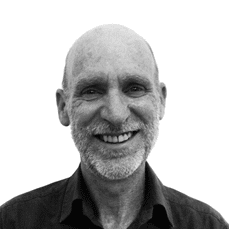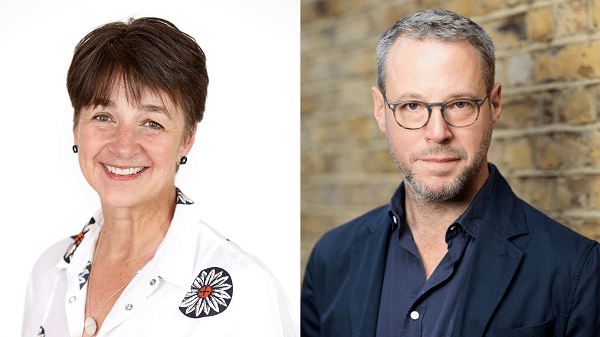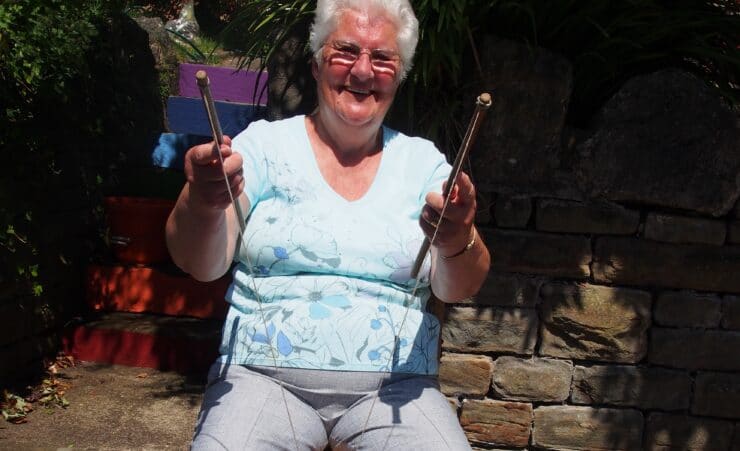
A defined endgame: The case for spending out a charitable foundation
The Four Acre Trust was a charitable grant-making foundation established in 1996, supporting mainly small charities giving individuals a better start in life; now entirely spent out. John Bothalmey, Founder Trustee, shares why.
Introduction
The intentional closing down, or ‘spending out’, all the funds within a charitable institution is an interesting step. Many foundations have restrictions on their objects, but trustees can often make the decision to spend out rather than just spending income from capital. Often there is a view that the setting up of a trust is for the future distribution of funds for charitable aims; why not spend the funds as they are created and donate to good causes?
Foundations are often set up by individuals with a view of disbursement in due course as the trustees decide. Some are sums of money deposited in trust by corporations, usually to support particular aims. Depending on the foundation’s governing document it is often possible to alter the timing of the distribution to good causes, although restrictions may refer to the preservation of the capital value.
Focus on tomorrow or today?
Strangely the act of creating a fund usually implies an unspecified long term future; often there is more an atmosphere of preservation of capital than spending. In my case, with the Four Acre Trust, the initial years were focused on the good governance of funds and seeking good causes that we felt deserved support. Four Acre didn’t consider the long term future; apart from ensuring funds were available for our promised grants. It was only over time and experience that our trustees considered the future, somewhat driven by additional funds being vested in the trust. Somewhat arrogantly trustees felt we were, possibly, more enlightened grantors than other similar sized organisations; this led us to consider the possibility of an eventual spend out of our entire capital. Further we came to the conclusion that today’s ills should be addressed by today’s people– surely spare wealth created today should be spent immediately trying to address the challenges we face now?
Gearing up our spending was not that easy as we had always operated in conjunction with our recipients including visiting, supporting core costs etc. To more than double our spend, with the smallest of administrative support, prompted us to work in collaboration with several other grant makers that we knew and whose work we respected. We were able to save on duplicate due diligence matters, and this sharing of costs worked to everyone’s advantage. Now we were spending more than double our previous average annual spend. Even so it took us seven years to get to zero.
A defined endgame
My personal opinions on the modus operandi of the sector are summarised in ‘A Critique of the grant making sector’ March 2023. I believe much of the work around deciding how to distribute funds is inefficient and expensive for operating charities and a level playing field between donors and operators doesn’t exist.
It seems to me that Carnegie was right when he argued that the life of a wealthy industrialist should comprise two parts. The first part was the gathering and the accumulation of wealth. The second part was for the subsequent distribution of this wealth to benevolent causes. Philanthropy was key to making life worthwhile. ‘The amassing of wealth is one of the worse species of idolatry. No idol more debasing than the worship of money… the man who dies thus rich dies disgraced.’
It is difficult to establish how many grant-making organisations shut up shop having spent all their capital; suffice to say it is a small proportion of the approximately 18,000 grant making organisations registered with the Charity Commission. Accountants, lawyers and wealth managers sometimes suggest charitable vehicles but seldom appear to suggest a defined end game. Why is this? Why not set up a fund with the expressed intention of spending within a fixed time frame? I fear there is more interest and time spent in creating and running these generous foundations than in unpicking their real purpose; which should surely be the solution of today’s ills created by today’s citizens.


